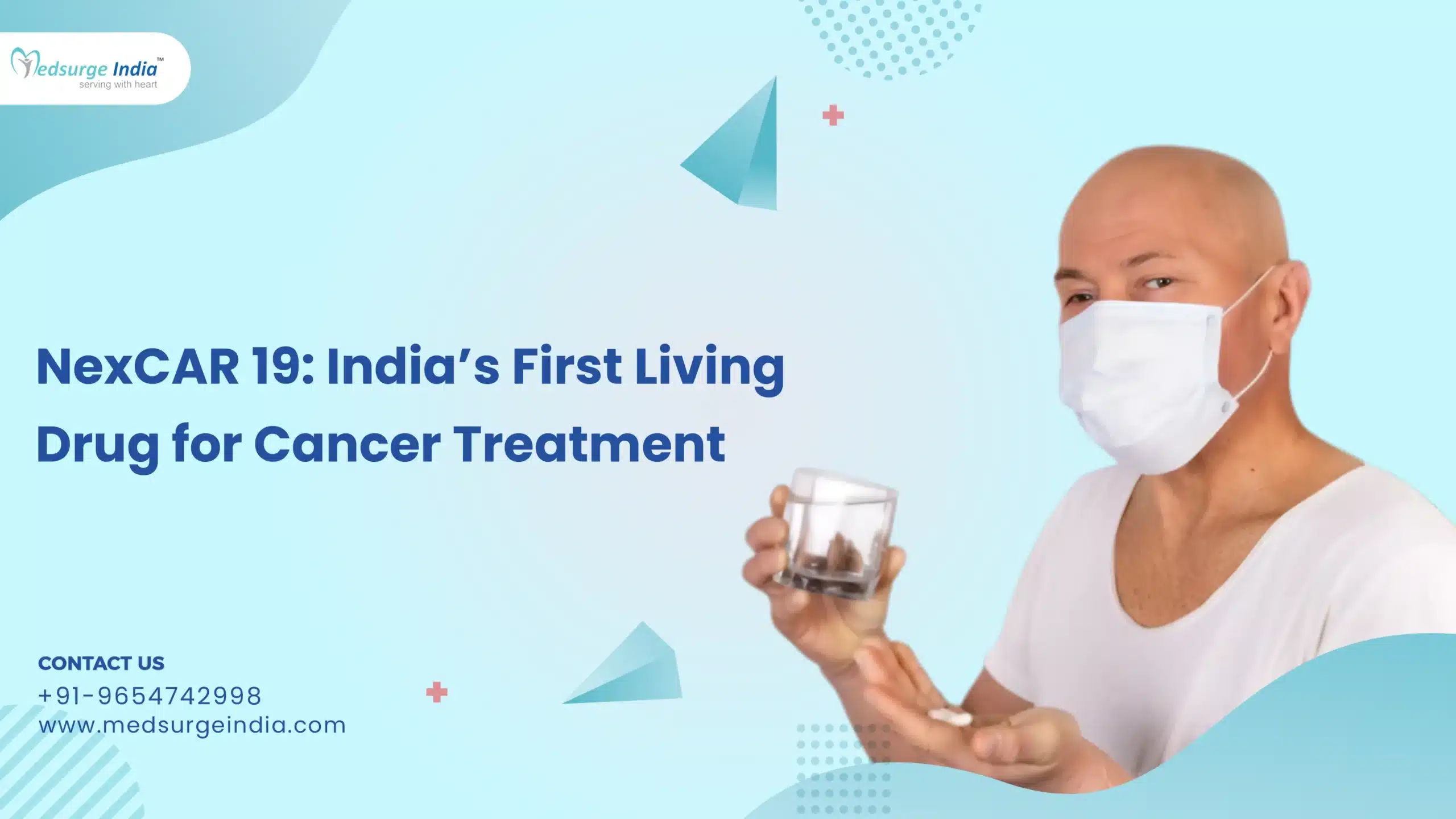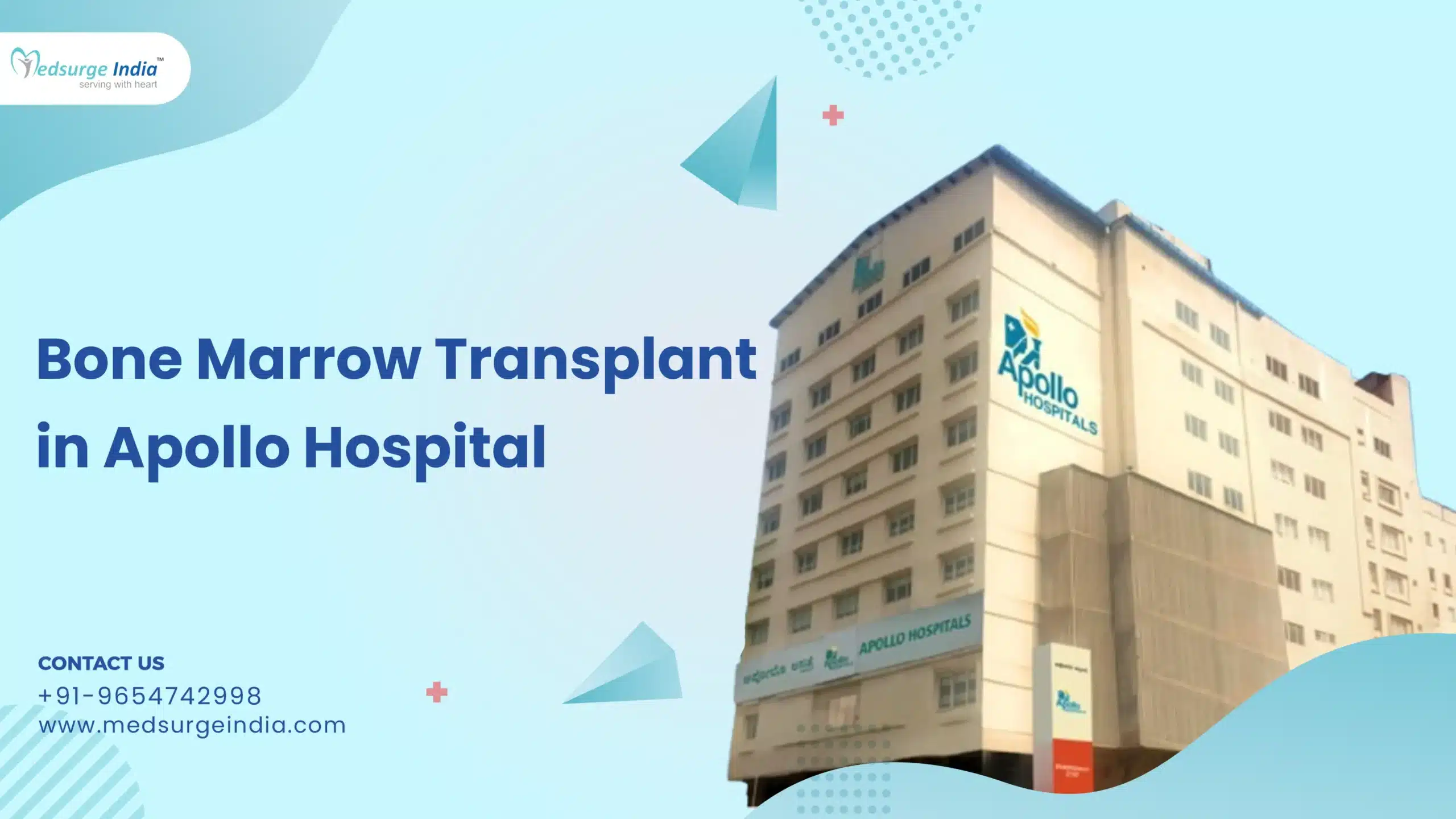
Liver Diseases: Symptoms, Causes, Diagnosis and Treatment
The liver is the largest solid organ in the human body. Also, it performs more than 500 functions in the body. These functions include detoxification, production of chemicals that help in the digestion of food, plasma protein synthesis, bile production, excretion of bilirubin, cholesterol, hormones, and drugs, enzyme activation, storage of vitamins & minerals, and so on. The liver disease could be fatal and one should immediately look for treatment. India is a home for top liver specialists.
The liver is an essential organ in the gastrointestinal tract that helps in food digestion and freeing the body from toxic elements.
Unfortunately, some conditions can damage the liver and stop it from functioning in a good condition. Various factors can cause liver damage. It could be viruses, obesity, alcohol, or drug abuse. However, liver diseases can also be inherited or genetic.
If you sense any liver-related disorder symptoms earlier, it can lead to liver cirrhosis – a life-threatening condition. But treating earlier can save the liver timely.
Symptoms of Liver Diseases
There may or may not be visible signs of liver disease at first. Somehow, if the liver failure symptoms do occur, they may be:
- Jaundice: yellowish skin and eyes
- Severe abdominal pain
- Swollen abdomen
- Chronic fatigue
- Itchy skin
- Dark yellow-colored urine
- Pale-colored stool
- Nausea or vomiting
- Loss of appetite
- Unexplained, sudden weight loss
What causes liver diseases
There are a variety of health conditions that are responsible for causing liver diseases and they are:
Infection
Parasites and viruses can cause liver inflammation by spreading through the blood, semen, contaminated food, water, and getting in touch with a person who is already infected. These viruses are called hepatitis viruses which can badly affect the liver and they are:
- Hepatitis A: It is a highly contagious liver disease caused by the hepatitis A virus.
- Hepatitis B: Hepatitis B virus is responsible for causing hepatitis B. It is preventable by a vaccine.
- Hepatitis C: When the virus attacks the liver and causes liver inflammation, then a person is infected with Hepatitis C.
Immune System Abnormality
When the immune system attacks any parts of the body, they are autoimmune diseases. In the case of the liver, certain autoimmune liver diseases may include:
- Autoimmune Hepatitis: When the body’s immune system attacks the liver cells, it causes inflammation of the liver. The real cause of autoimmune hepatitis is still unknown.
- Primary Biliary Cholangitis: It is a chronic liver disease that results from progressive destruction of bile ducts in the liver.
- Primary Sclerosing Cholangitis: It is a chronic inflammatory condition characterized by scarring of the bile ducts in the liver.
Genetics
When an individual inherits an abnormal gene from either or both parents, it may lead to deposition of various substances in the liver leading to liver damage. These diseases may include:
- Hemochromatosis: When there is an excess amount of iron in the body, it causes Hemochromatosis.
- Wilson’s Disease: Too many copper deposits in the body lead to the occurrence of Wilson’s Disease.
- Alpha-1 Antitrypsin Deficiency: Not only does alpha-1 antitrypsin deficiency causes liver diseases, but it can also lead to various lung diseases as well.
Cancer and Tumors
When there is an abnormal growth of cancerous cells in the liver, it can lead to:
- Liver Cancer: cancer that arises in the cells of the liver.
- Bile Duct Cancer: Cancer that begins in the cells of the bile ducts.
- Liver Adenoma: Also known as hepatic adenoma, it is an extremely rare, benign liver tumor that mostly affects women and is related to the use of birth control pills.
Alcohol-Related Liver Disease
When an individual consumes alcohol in excess, it leads to:
- Alcoholic Hepatitis: When an individual drinks in excess, it leads to liver inflammation.
- Alcoholic Liver Disease: It happens as a result of overconsumption of alcohol leading to the damage of the liver, fat deposits, and inflammation, or cirrhosis of the liver.
Other Factors: Some other factors may lead to:
- Non-Alcoholic Fatty Liver Disease: A condition that occurs due to fat accumulation in the liver.
- Use of over-the-counter medications
- Certain herbal products
When to worry about ALT levels
Alanine Aminotransferase (ALT) is an enzyme primarily found in the liver. These enzymes play an important key role in metabolic functions in the body. An ALT test measures the levels of this enzyme in the body implying the condition of the liver. Doctors recommend an ALT test to evaluate liver function. Damaged cells in the liver may lead to ALT leakage into the blood, so this test helps to identify various liver problems.
A sample of blood detects the ALT levels in the liver. If the ALT levels are high, it may confirm the diagnosis of acute liver problems. Therefore, if your ALT levels are high, seek medical attention immediately.
Factors That May Increase The Risk Of Liver Diseases
There are various factors responsible for increasing the risk of liver diseases and they may include:
- Heavy use of alcohol
- Family history of liver disease
- Exposure to infected people blood and body fluids
- Unprotected sex
- Also, blood transfusion before 1992
- Obesity
- Type 2 diabetes
- Exposure to toxic drugs or chemicals
Liver Disease Diagnosis
Upon experiencing any liver disease-related symptoms, your doctor may perform evaluation tests to diagnose the cause and extent of the liver disease. These tests may include:
Blood Tests: Your doctor may recommend a series of blood tests called liver function tests to diagnose the cause of liver disease. Comparatively, other blood tests may also be involved to look for any specific liver disease or genetic condition.
Imaging Tests: Your doctor may perform imaging tests such as MRI or CT scans to know the exact location from where the liver is affected.
Liver Biopsy: In this procedure, the doctor removes a sample of liver tissue by inserting a needle through the skin to look for any signs of liver damage. The sample extracted is sent to a lab for further evaluation.
Liver Disease Treatment and Prevention
The liver is the only organ in the body that can regenerate damaged cells by itself. There are various methods to treat liver damage depending on its diagnosis, severity, stage, size, and location. The treatment options may include:
Medications: There is no such medicine to treat liver disease as the treatment depends on the underlying cause of the liver failure.
Surgery: Some liver diseases may require surgical interventions such as elective hepatic resection to treat the primary or metastatic tumors, shunt procedures to cure portal hypertension or surgical removal of gallbladder stones to treat the obstruction of blood flow in the liver.
Liver Transplant: Doctors perform liver transplantation when all other treatments fail. It is a major surgical procedure to replace the damaged portion of the liver with a healthy portion from the donor. After three to four months, the liver in both donor and recipient regrow to its original size.
Lifestyle Changes: Some liver problems can be resolved by making required modifications in your lifestyle such as quitting alcohol to prevent alcoholic liver disease or losing weight to cure fatty liver disease. Follow a diet full of green vegetables, yogurt, and exercise regularly.
Liver disease is majorly preventable that can be done by:
- Switching to a healthier lifestyle to prevent fatty liver disease.
- Stop the usage of over-the-counter medications. Medicines should be taken as prescribed.
- Equally important, a proper vaccination program needs to be followed to prevent the occurrence of hepatitis A, B, and C that is transmitted through contaminated water, infected person, blood, and body fluids.
- Manage healthy weight to prevent pressurizing liver, heart, and other organs.
- Avoid consuming unhealthy food and water.
- Stop exposure to toxic substances and chemicals.
Liver Disease Treatment Success Rate in India
The success rate of liver disease treatment in India mainly involves the type of surgical intervention carried out. Moreover, talking about liver disease treatment, liver transplant has a major part in treating severe liver diseases including liver tumors, cirrhosis of the liver, alcoholic liver disease, and so on.
The success rate of liver transplants in India is nearly 96% with lesser complications and risks.
In the past few years, liver transplant in India has been successful because of advanced and well-facilitated liver transplantation centers served by well-experienced doctors, surgeons, and nursing staff.
What is the cost of Liver Disease Treatment in India?
The liver disease treatment cost in India depends on the type of liver disease and its appropriate treatment. The following table elaborates the liver disease treatment cost:
| Type of treatment | Cost |
| Stem cell treatment for Liver Cirrhosis | Starts from 1,500 USD |
| Liver Transplant cost | 27,000 USD – 34,000 USD |
| Liver Resection Surgery Cost/Hepatectomy | 8,000 USD |
| Plasma Therapy for acute liver damage | Starts from 700 USD per session |
Factors That Affect The Cost of Liver Disease Treatment in India
Likewise, several factors are responsible that affect the overall liver disease treatment cost in India and they are:
- Type of hospital like super-specialty, multi-specialty, or single-specialty
- Room rent
- Pre-evaluation tests
- Surgeons fees
- Type of surgery if required
- Treatment plan
- Post-operative follow-up care
- Follow-up visits
- Pharmacy services like drugs or medical consumables
- Anesthetist fee
- Accommodation, traveling, or visa fee if you’re traveling from another country or city
Some of the best hospitals for Liver Disease Treatment in India are:
- Fortis Hospital, Gurgaon
- MGM Healthcare, Chennai
- KIMS Hospital, Secunderabad
- Columbia Asia Hospital, Bangalore
- Fortis Hospital, Bangalore
- MIOT Hospital, Chennai
People across the globe travel straight down to the country because of the availability of medical technological intelligence, highly experienced gastroenterologists, and comprehensive follow-up care for liver disease treatment in India.
Can you drink alcohol after getting a Liver Disease Treatment?
Consuming alcohol after getting treatment totally depends on the type of liver disease treatment you underwent. However, it is advisable to quit alcohol, spicy, oily food for the long life of your liver. For better clarification, discuss with your specialist on a serious note.
Outlook:
Liver disease means almost 75% of the liver is damaged. It is important to notice any signs or symptoms as it may indicate the silent progression of the liver disease. Also, diabetic patients should also take the liver function test at regular intervals to monitor the proper functioning of the liver.
Helpful-Liver Transplant Surgery in India- FAQs










